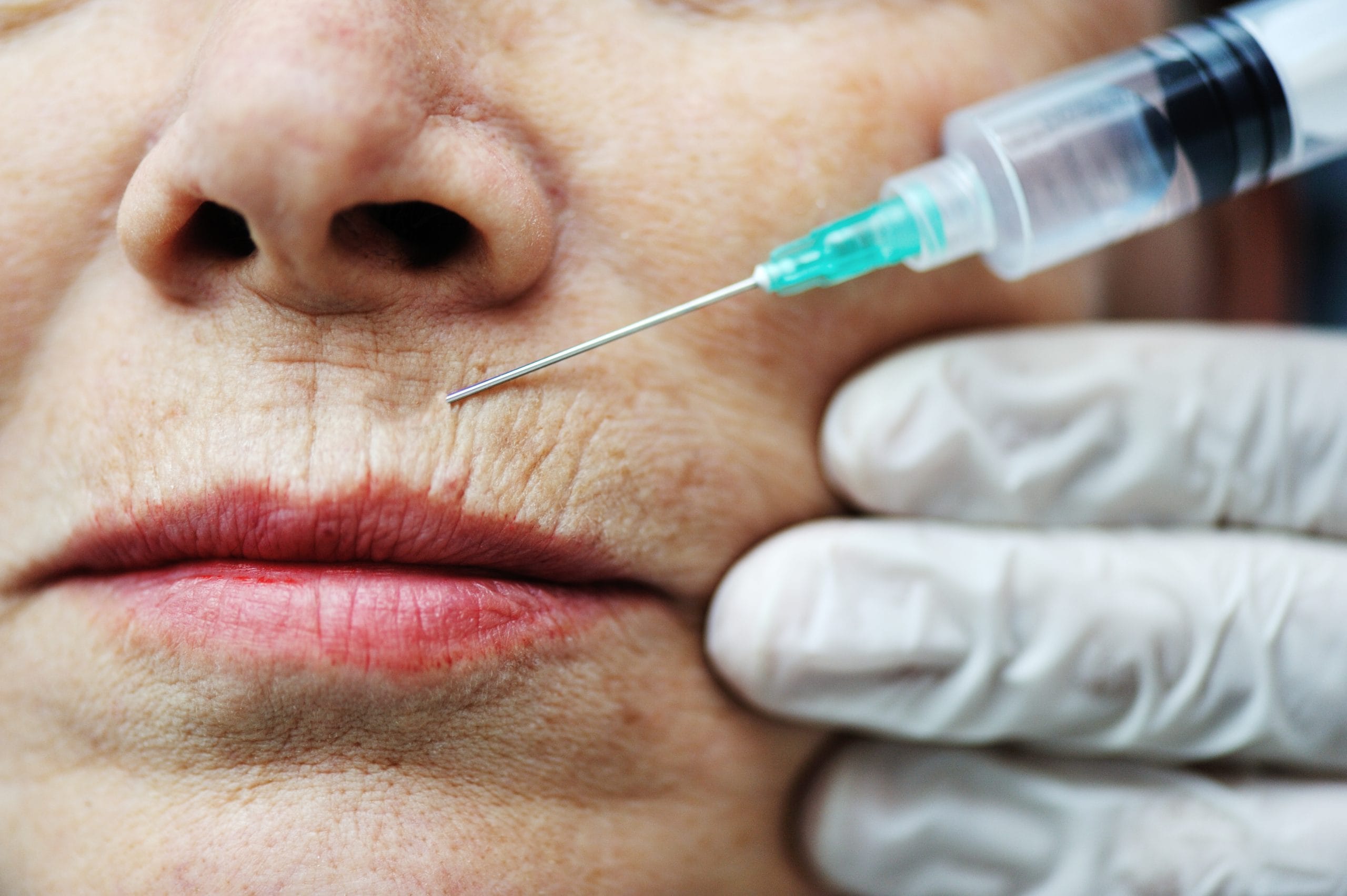Welcome to the ultimate pre-bariatric surgery diet plan. Bariatric surgery is a life-changing procedure that can help you achieve your weight loss goals, but it’s essential to prepare your body for the operation. One of the most important ways to do this is by following a healthy and balanced diet. In this article, we will discuss what to eat and avoid before bariatric surgery, as well as provide tips on managing portion control, staying hydrated, and making healthy food choices.
Pre-Surgery Diet Plan: What to Eat and What to Avoid
The first step in preparing for bariatric surgery is to follow a pre-surgery diet plan. This typically involves consuming only liquid or pureed foods for several weeks leading up to the procedure. During this time, it’s crucial to avoid any solid foods that could cause complications during surgery. It’s also essential to stick to low-fat, high-protein drinks and meals to promote healing and recovery after the operation.

Here are some guidelines for what to eat and avoid during the pre-surgery period:
Drink plenty of water throughout the day to stay hydrated.
Consume protein shakes, smoothies, and soups made with lean proteins like chicken, fish, and tofu.
Use supplements to ensure you’re getting enough vitamins and minerals while on a liquid diet.
Avoid sugar, processed foods, and fried or greasy foods.
Stay away from carbonated beverages, which can cause bloating and discomfort.
The Importance of the Liquid Diet Before Bariatric Surgery
The liquid diet before bariatric surgery serves two purposes. Firstly, it helps shrink the size of the stomach so that the surgeon can perform the procedure more easily. Secondly, it allows the body to start healing faster after the operation. By following a liquid diet, patients can reduce their risk of complications such as nausea, vomiting, and dehydration.
Understanding Protein Intake Before Surgery
Protein is an essential nutrient that plays a critical role in wound healing and tissue repair. Therefore, it’s vital to consume adequate amounts of protein before and after bariatric surgery. The recommended daily intake of protein is around 60 grams per day, although this may vary depending on individual needs. Good sources of protein include lean meat, poultry, fish, eggs, dairy products, legumes, and tofu.
Managing Portion Control as You Prepare for Bariatric Surgery
Portion control is an integral part of maintaining a healthy weight and reducing the risk of obesity-related conditions such as type 2 diabetes, heart disease, and stroke. To manage portion control before bariatric surgery, try using smaller plates, measuring out servings, and practicing mindful eating techniques. Additionally, consider working with a registered dietitian who specializes in bariatrics to create a personalized meal plan tailored to your specific needs.
Making Healthy Food Choices Before Your Procedure
Even if you’re not ready for bariatric surgery yet, it’s never too early to start making healthier food choices. Here are some general guidelines to follow:
Focus on whole, unprocessed foods such as fruits, vegetables, whole grains, and lean proteins.
Limit your intake of sugary drinks, refined carbohydrates, and saturated fat.
Look for lower calorie options when dining out or choosing packaged foods.
Staying Hydrated During Your Weight Loss Journey
Drinking enough fluids is essential for overall health and wellbeing, especially during times of rapid weight loss. Dehydration can lead to headaches, fatigue, constipation, and other unwanted side effects. To stay hydrated, aim to drink at least eight cups (64 ounces) of fluid each day, including water, herbal tea, and low-calorie beverages.
Conclusion

Bariatric surgery is a significant commitment, both physically and emotionally. However, with the right pre-operative diet and lifestyle changes, you can increase your chances of success and improve your overall health. Remember to consult with your doctor or registered dietitian before making any major changes to your diet or exercise routine.

